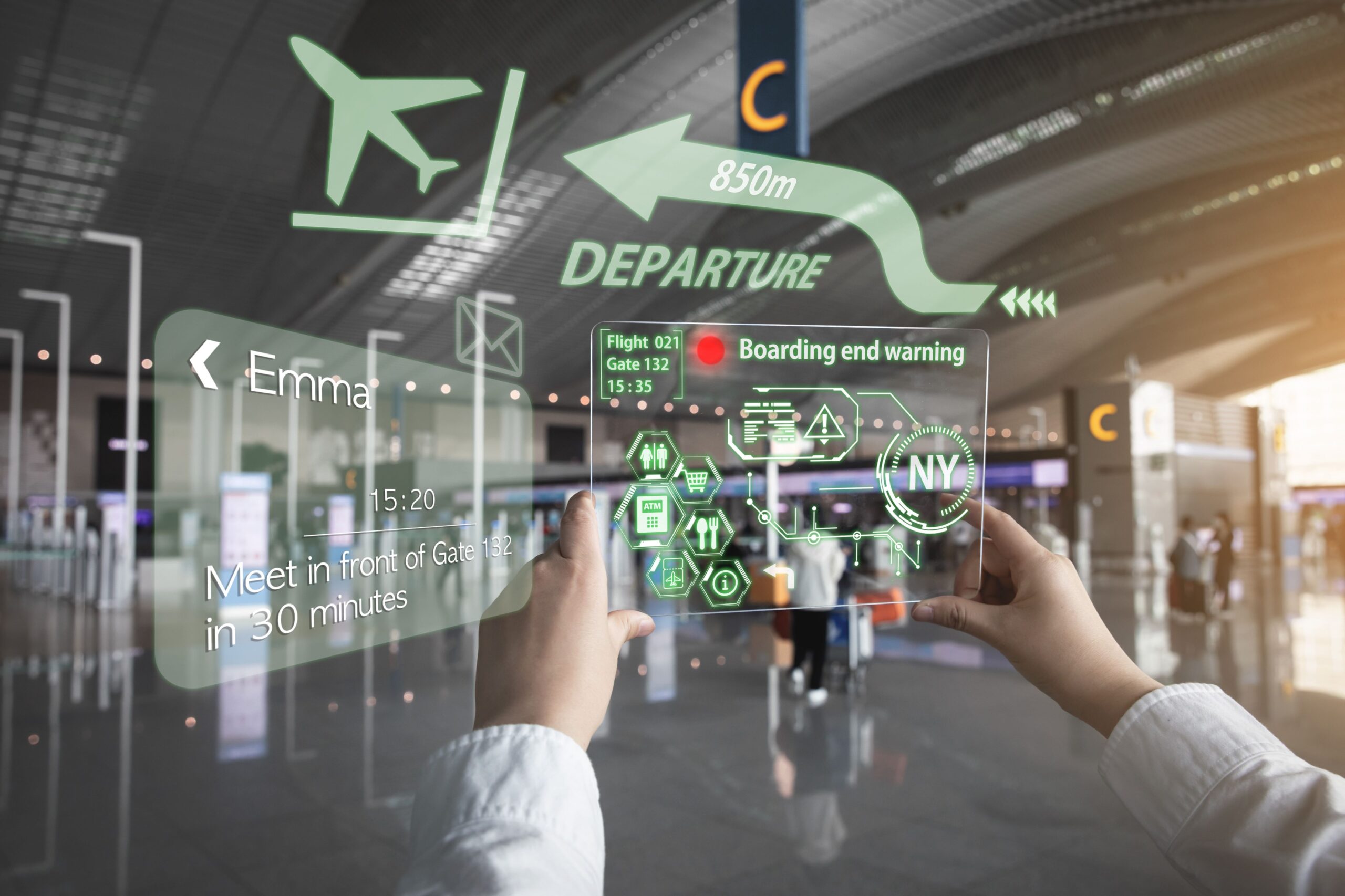Introduction to AI and its impact on the travel industry
The world of travel is evolving at an unprecedented pace. As we step into 2025, artificial intelligence (AI) is reshaping how we explore new destinations and connect with cultures around the globe. Gone are the days of tedious trip planning and language barriers that made traveling a hassle. With smart travel solutions powered by AI, your next adventure promises to be more personalized, efficient, and enjoyable than ever before.
Imagine having a virtual assistant that curates your itinerary based on your preferences or an airport experience so seamless that you barely notice the logistics. From enhanced security measures to breaking down language barriers in real-time, AI is unlocking new possibilities for tourists everywhere. Join us as we dive deeper into this transformative technology that’s making our journeys smoother, smarter, and more sustainable. The future of tourism has arrived—are you ready to embrace it?
Personalized Trip Planning: How AI is making trip planning easier and more efficient
Personalized trip planning has never been easier, thanks to AI innovations. These smart travel tools analyze your preferences and behaviors to suggest tailor-made itineraries.
Imagine having an assistant that learns what you love—be it art, adventure, or relaxation—and curates the perfect vacation just for you. Travel apps utilize algorithms to sift through countless options, narrowing down choices that align with your interests.
AI can also factor in real-time data like weather forecasts and local events. This means spontaneous changes can be accommodated seamlessly without a hitch.
Moreover, integrating travel preferences such as budget constraints or preferred airlines enhances efficiency further. Gone are the days of sifting through endless listings; personalized recommendations take center stage now.
With each interaction, these intelligent systems become more adept at understanding traveler needs. The result is a smoother planning experience that allows travelers to focus on excitement rather than logistics.
Seamless Travel Experience: The use of AI in airport security, check-in processes, and baggage handling
Gone are the days of long queues and stressful airport experiences. AI is stepping in to create a seamless travel experience. With advanced algorithms, check-in processes have become quicker than ever.
Facial recognition technology allows passengers to breeze through security checks without fumbling for ID. Just a glance, and you’re on your way. It minimizes waiting time while maximizing efficiency.
Baggage handling has also taken a leap forward thanks to smart sensors and tracking systems. Travelers can now keep tabs on their luggage via apps, reducing anxiety about lost bags.
AI-driven chatbots further enhance passenger support by providing real-time information about flights or gate changes right at your fingertips. This level of convenience transforms each journey into an enjoyable experience rather than just another chore before reaching your destination.
Language Translation: How AI is breaking down language barriers for travelers
Traveling to a new country often means navigating a maze of languages. AI is changing that landscape dramatically.
Translation apps powered by artificial intelligence are becoming indispensable tools for tourists. These smart travel solutions provide real-time translations, allowing travelers to communicate effortlessly with locals. Whether ordering food or asking for directions, language barriers shrink significantly.
Imagine walking through bustling markets while your smartphone translates signs and conversations instantly. This technology fosters connections between cultures, enhancing the overall travel experience.
Voice recognition features make it even easier. Travelers can speak into their devices, receiving immediate responses in the local language. The result? More engaging interactions and deeper insights into the places visited.
As AI continues to evolve, we can expect even more sophisticated translation options that ensure smooth communication worldwide. Embracing these advancements makes exploring diverse countries less daunting and much more enjoyable.
Virtual Reality Travel: The future of experiencing destinations through VR technology
Virtual reality travel is revolutionizing how we experience the world. Imagine slipping on a headset and being transported to the bustling streets of Tokyo or the serene beaches of Bali, all from your living room.
This immersive technology allows travelers to explore destinations without leaving home. You can walk through historical sites, navigate local markets, or even enjoy a sunset over the Grand Canyon in vivid detail.
Travel apps are integrating VR features, enabling users to preview their trips before booking. This not only sparks excitement but also helps in making informed decisions about where to go next.
Moreover, VR travel experiences cater to various interests—from cultural explorations to adventure activities—broadening horizons for those unable to physically visit certain places due to constraints like time or budget.
As this technology progresses, it holds immense potential for transforming tourism into an accessible and enriching journey for everyone.
Sustainable Travel: How AI is promoting eco-friendly travel options and reducing carbon footprint
The travel industry is undergoing a significant transformation, with AI leading the charge toward more sustainable tourism. As travelers become increasingly aware of their environmental impact, smart travel options have gained traction.
AI technology helps identify eco-friendly accommodations and transport methods tailored to your preferences. Smart algorithms analyze data on carbon footprints associated with various travel choices. This allows for informed decisions that prioritize sustainability without sacrificing comfort or convenience.
Travel apps equipped with AI also provide insights into local conservation efforts and green initiatives at destinations. Whether it’s recommending plant-based restaurants or suggesting activities that support wildlife preservation, these tools empower travelers to make responsible choices.
Moreover, airlines are utilizing AI to optimize flight routes and reduce fuel consumption, contributing significantly to lower emissions per passenger. By leveraging predictive analytics, companies can anticipate demand better and adjust services accordingly—ultimately minimizing waste in the process.
With a commitment to reducing our collective carbon footprint while enjoying the beauty of our world, embracing AI-driven solutions paves the way for a new era of tourism that’s both enriching and environmentally conscious. The future looks promising as we explore smarter ways to connect with nature while ensuring its protection for generations to come.




